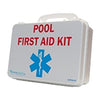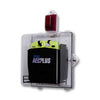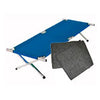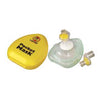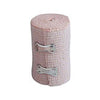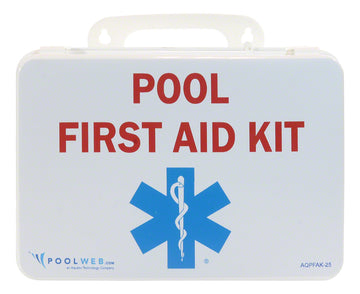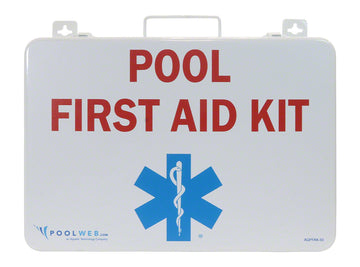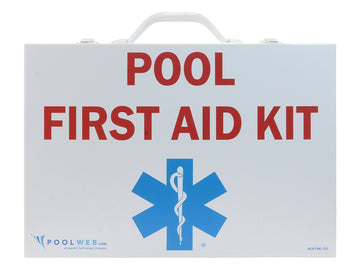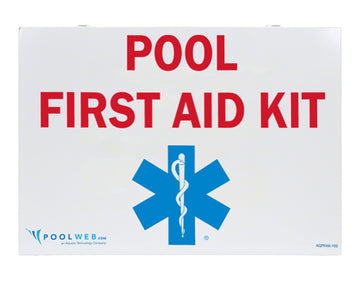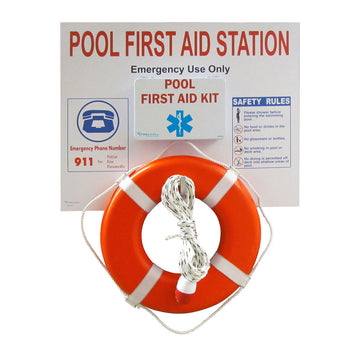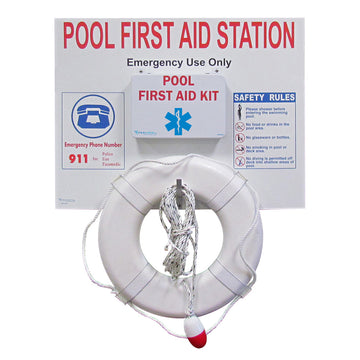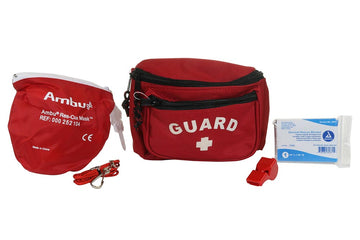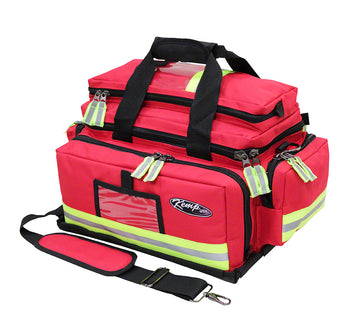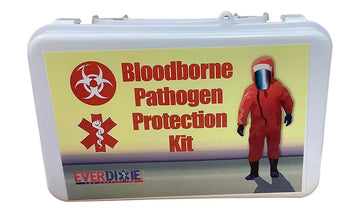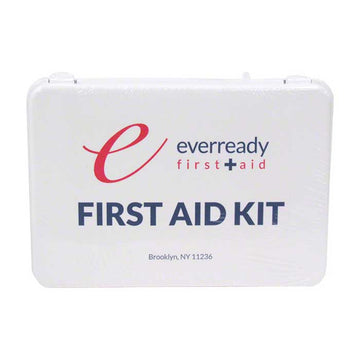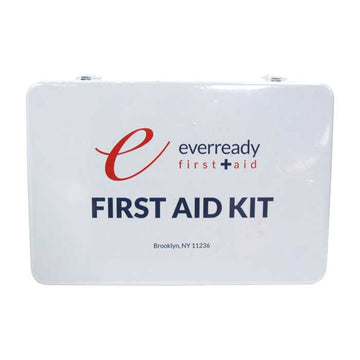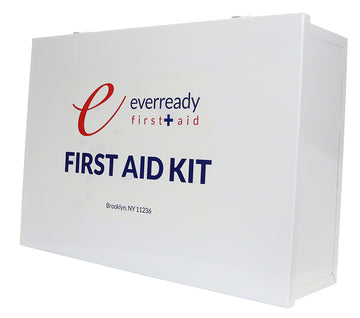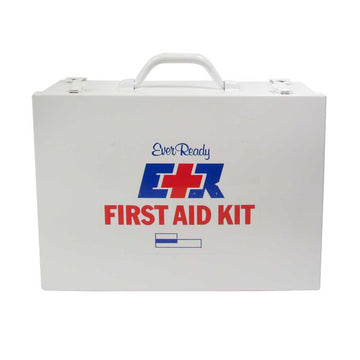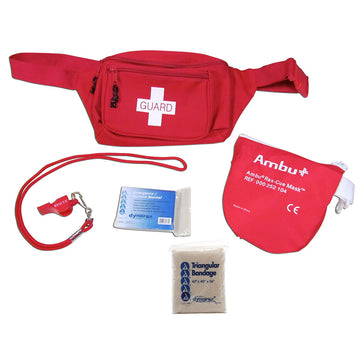Why is a First Aid Kit Needed at a Pool?
A first aid kit at a swimming pool is of paramount importance because it can make a significant difference between a minor inconvenience and a major, life-threatening situation. Swimming pools are not just recreational spots, but they also pose various risks and challenges that may require immediate attention to ensure the safety and well-being of swimmers. Here are some detailed reasons and facts that emphasize the importance of a first aid kit at a swimming pool:
1. Drowning incidents: Anyone can drown in a swimming pool, irrespective of age, gender or swimming ability. Having a fully equipped first aid kit can be the first line of defense when it comes to resuscitating a drowning victim. Administering CPR, using an oral airway device, and administering oxygen are among the first steps that require appropriate resources from a first aid kit.
2. Slip and fall accidents: Swimming pool decks can be wet and slippery, leading to slips, trips, and falls. A well-stocked first aid kit can provide immediate treatment for injuries resulting from these accidents, such as cuts, abrasions, bruises, and small fractures. This allows for prompt cleaning, dressing, and immobilization of the affected area to reduce the risk of infection and further complications.
3. Waterborne infections: Swimming pools can harbor various microorganisms, which may cause illnesses such as swimmer’s ear, conjunctivitis, and fungal infections. A first aid kit should include antiseptic wipes, antibiotic ointments, and eye care solutions to treat these infections before they worsen.
4. Chemical reactions: The chemicals used to maintain the hygiene and clarity of the pool water, such as chlorine, can sometimes cause skin rashes, allergic reactions, and respiratory issues. Having antihistamine creams and tablets, hydrocortisone creams, and asthma inhalers in the first aid kit can provide immediate relief from these symptoms.
5. Heat-related illnesses: Prolonged exposure to the sun at swimming pools can lead to heat-related illnesses, such as heat stroke, heat exhaustion, and dehydration. Having saline solution, electrolyte replacement drinks, and cool packs in the first aid kit can help rehydrate and cool down someone suffering from these conditions.
6. Cardiac emergencies: Various factors, like stress, exertion, or pre-existing medical conditions, can lead to cardiac emergencies while swimming. Ensuring the presence of an AED (Automated External Defibrillator) and training staff to use it can potentially save a life during such emergencies.
7. Swimmer-specific injuries: Swimming is a physically demanding activity, and muscle cramps, sprains, and strains are not uncommon. A first aid kit containing instant cold packs, elastic bandages, and analgesic creams can help alleviate pain and prevent further damage.
A comprehensive first aid kit ensures prompt, effective, and appropriate treatment for common injuries and illnesses that can occur at a swimming pool. Providing a safer environment can reduce anxiety and improve the overall swimming experience for everyone. Moreover, the availability of a first aid kit also ensures that lifeguards and swimming pool staff have the essential tools they need to protect the well-being of swimmers and visitors.
